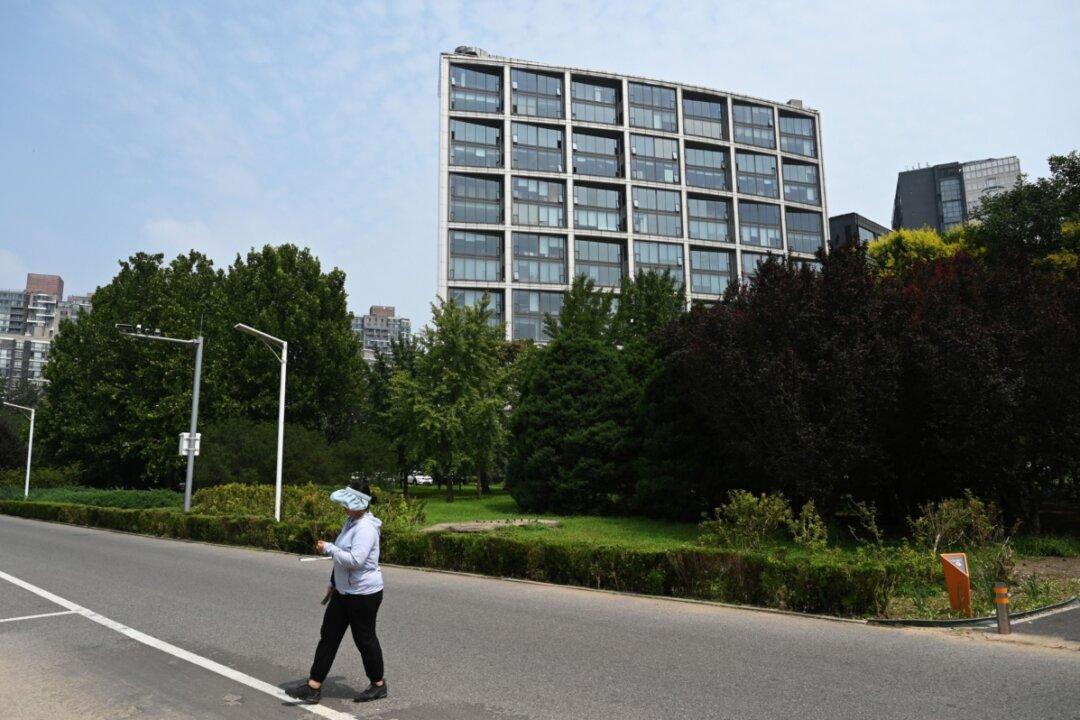A prominent Chinese financing platform, Zhongrong International Trust Co. (Zhongrong Trust), has reportedly delayed payouts of some of its wealth products since late last month, sparking panic among investors. Some experts believe this is the beginning of a domino-like collapse within the Chinese financial and investment sectors that are symptoms of broader economic woes.
Zhongrong Trust’s missed payment may result in 150,000 high-net-worth investors being plunged into poverty overnight, said an Aug. 16 report from Chinese financial media fengcx.com.





